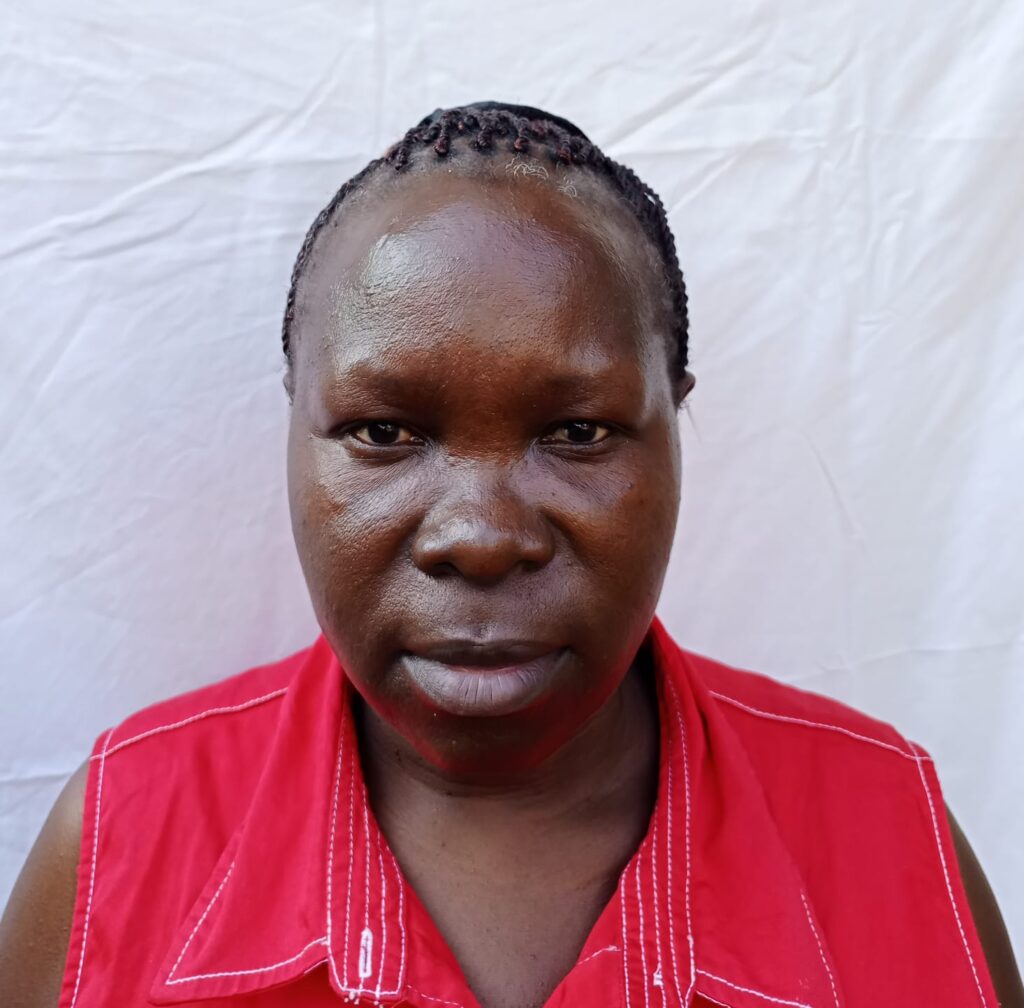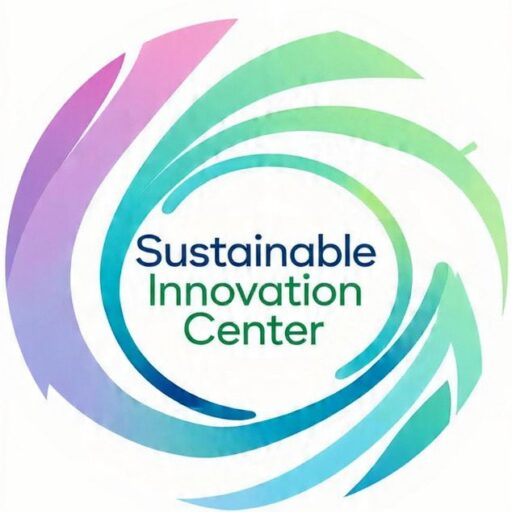Our Mission
To empower communities with practical skills, knowledge, and sustainable solutions that strengthen livelihoods, build climate resilience, and inspire innovation at the grassroots level.
Our Vision
A future where communities thrive in harmony leveraging innovation to building resilience, prosperity and wellbeing for generations to come.
Our Values
Community centered
We listen, learn, and serve alongside communities, ensuring every solution reflects local needs and strengths.
Sustainability
We promote practices that protect the environment, support long-term livelihoods, and build resilience for future generations.
Empowerment
We believe in unlocking the potential of women, youth, people living with disability and farmers by equipping them with skills, knowledge, and opportunities.
Innovation
We embrace creativity and simple, practical ideas that solve everyday challenges using local resources.
Integrity
We work with honesty, transparency, and accountability in all our actions and relationships.
Inclusivity
We welcome and uplift everyone regardless of age, gender, background, or ability ensuring no one is left behind.
Collaboration
We value partnership and shared effort, working with communities, institutions, and stakeholders to achieve greater impact.
Stewardship
We care for the earth as a shared home, promoting responsible use of natural resources and environmental protection.
Our Approach
The Sustainable Innovation Center serves communities by providing practical, affordable, and community-driven solutions that improve livelihoods while protecting the environment. Our approach is centered on empowering women, youth, people living with disability, farmers, and local institutions with hands-on skills and knowledge they can use immediately in their daily lives.
We begin by listening to community needs, then co-designing solutions that fit the local context. Our trainings focus on climate-smart agriculture, environmental conservation, solar and renewable energy, water management, eco-friendly technologies, and livelihood skills such as tailoring, beauty, soap making, crafts, art and small business development.
Innovation at our center means using simple, locally available resources to solve everyday challenges helping families become more resilient and self-reliant.
Our Programs
Climate-Smart Agriculture
Sustainable farming techniques that increase productivity while building resilience to climate change.
Renewable Energy
Solar and other renewable energy solutions for households and small businesses.
Water Management
Provide Water access and purification techniques for sustainable water use.
Environmental Conservation
Training in reforestation, soil conservation, and biodiversity protection.
Livelihood Skills
Capacity building through training in ecenomic empowernment programs like farming.
Business Development
Entrepreneurship training and support for small business creation and growth.
Founder
Anne Okelo

Born and raised in a challenging environment, Anne Okelo witnessed the impact of abuse and hardship at home from a young age. This tumultuous upbringing ignited a fierce resilience within her, driving her to seek a better future through education. Determined to escape her circumstances, Anne excelled in her studies, ultimately achieving remarkable results that paved the way for her admission to the prestigious University of Nairobi, where she graduated with a BSc in Range Management in 2002.
Immediately after her graduation, Anne began venturing into women empowerment, fueled by her desire to create positive change in her community. Her journey then took her across the globe to the United States, where she attended West Chester University of Pennsylvania to study Administration, graduating with her master’s degree in 2010. During her time in the U.S., she conducted campaigns to raise funds to drill solar-powered wells in her village, aiming to alleviate water scarcity and save families money while improving the lives of children.
Upon her return to Kenya in 2011, Anne worked as a Project officer at OSIENALA, a nonprofit organization where she sharpened her skills and deepened her commitment to social change. In her role as Project Officer in charge of livelihood improvement, she was able to focus her efforts on reaching the most vulnerable populations she had longed to serve. The impact of her work there was significant, empowering many individuals and families to improve their livelihoods.
This experience laid the groundwork for the birth of her vibrant Sustainable Innovation YouTube channel in 2021, where she began raising awareness about climate change and promoting sustainable practices at the grassroots level. It was also during this time that she formalized her nonprofit organization, the Sustainable Innovation Center, further expanding her reach and impact in the community.
Today, Anne is a tireless advocate for change, working within her community to transform lives through empowerment and education. Her story is one of resilience, hope, and a commitment to creating a brighter future for generations to come.
Meet our team

Anne Okelo
Executive Director

Agustine Pinochet
Project Officer

Daniel Ongoro
Admin and Accounts
